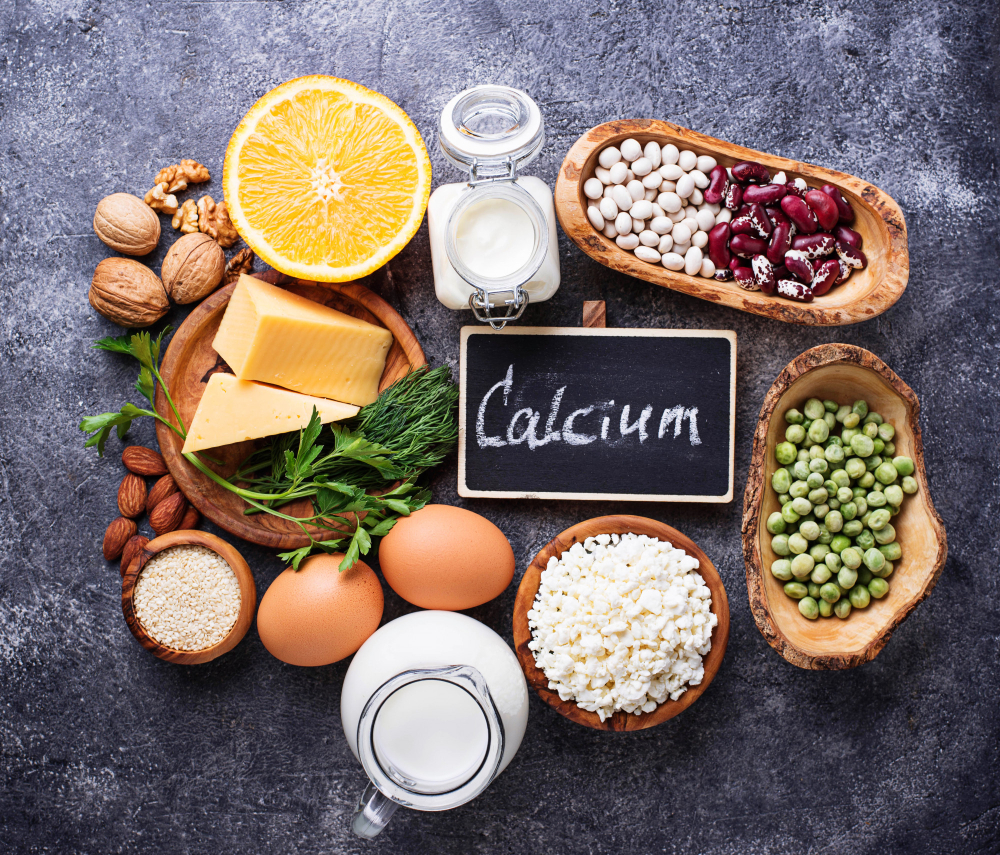Why Whole Milk Is Good For Your Health?
Besides the authentic full creamy flavor, whole milk is also very good for your health for being rich in nutrition (calcium, vitamin D, minerals, saturated fat, etc.).
1. Whole Milk’s Major Characteristic: High in Fat
Whole milk is often well-known for its tasty full creamy flavor, lasting until the aftertaste, which is thanks to the high level of total fat contained (minimum of 3.5%).
This characteristic is resulted from the way whole milk is processed after harvested.
1.1 Whole milk’s saturated fat
Whole milk undergoes “homogenization” after it is harvested to break the fat globules on top layers into the smallest particles and then redistributed throughout the volume of milk. Homogenization also helps best retain other nutrition in milk from harvesting.
Therefore, whole milk brings a subtly tasty, full creamy flavor which can be felt throughout all the milk inside a bottle, even lasting to the aftertaste. In terms of nutrition, homogenization also helps best retain other nutrition in milk after harvesting (calcium, protein, vitamins, minerals, fat, etc.).
1.2 High total fat is not unhealthy
Contrary to our misunderstanding, there is actually no scientific proof to prove saturated fat causes cardiovascular diseases due to the excessive amounts of cholesterol.
According to National Library of Medicine (US), the causal relationship between fat and cardiovascular diseases has been scientifically disproven. (1)
Indeed, it is the daily diet you consume and particularly the amount of detrimental substances such as additives, excessive sugar, etc. that account for the cause of nutrition-related diseases.
Moreover, whole milk with high levels of saturated fat is actually very good for your health.

2. Whole milk’s benefits to children
Whole milk is particularly suitable for children who are in need of nutrition to boost their physical growth. Protein, calcium, DHA, energy, fiber, minerals, etc. and fat contained in whole milk is essential for children to develop their brain health, height and weight.
For parents, it is worth taking into consideration that once again, the saturated fat contained inside whole milk does not necessarily lead to obesity – which results much from the overall daily diet of your children. In fact, your child can drink skimmed milk but still be overweight if he or she frequently resorts to unhealthy food rich in calories, additives, sugar, etc.
Especially, with the rising concern of precocious puberty nowadays, whole milk produced organically proves its role as a reliable nutrition daily intake to assist your child’s physical growth. Moreover, it does not trigger children’s sexual hormones because it is free of additives, GMO, and antibiotics, the dangerous substances contained inside animal foodstuffs or from the processing that are responsible for causing precocious puberty.

3. Whole milk’s benefits to adults
For adults, organic whole milk provides a high level of essential nutrition (calcium, DHA, vitamin D, B2, B12), safe and greatly retained from harvesting. Especially, according the to National Library of Medicine (US), milk including the nutritious whole milk greatly helps our brain to produce glutathione (2) – a substance vital to slow down the aging process and prevent diseases related to body degeneration, from brain (hypertension, Alzheimer’s, Parkinson’s, etc.), cardiovascular (hypertension, myocardial infarction, cholesterol oxidation, etc.), audiovisual (macular degeneration, hearing impairment, etc) to decreasing immune system, liver diseases, diabetes and even cancer.
In many studies from the National Library of Medicine (US) (3, 4, 5), whole milk rich in total fat, especially when produced organically, will give your body large amounts of omega-3 fatty acids, greatly help protect your brain and heart health, and reduce risk of cancers.
Reference:
- Is Whole Milk Better Than Low-Fat and Skim Milk? – Healthline: https://www.healthline.com/nutrition/whole-vs-skim-milk
- A study from National Library of Medicine (US) disproving the relation between fat and cardiovascular diseases: (1)
- Studies from National Library of Medicine (US) on benefits of drinking milk for glutathione: (2)
- Studies on National Library of Medicine (US) on the positive association of whole milk consumption and omega-3 fatty acids production: (3), (4), (5)
Featured post
-
05 Diet Plans That Are Good For Your Health
31/07/2022
-
Best Times to Sleep for Adults & Children
01/06/2022








